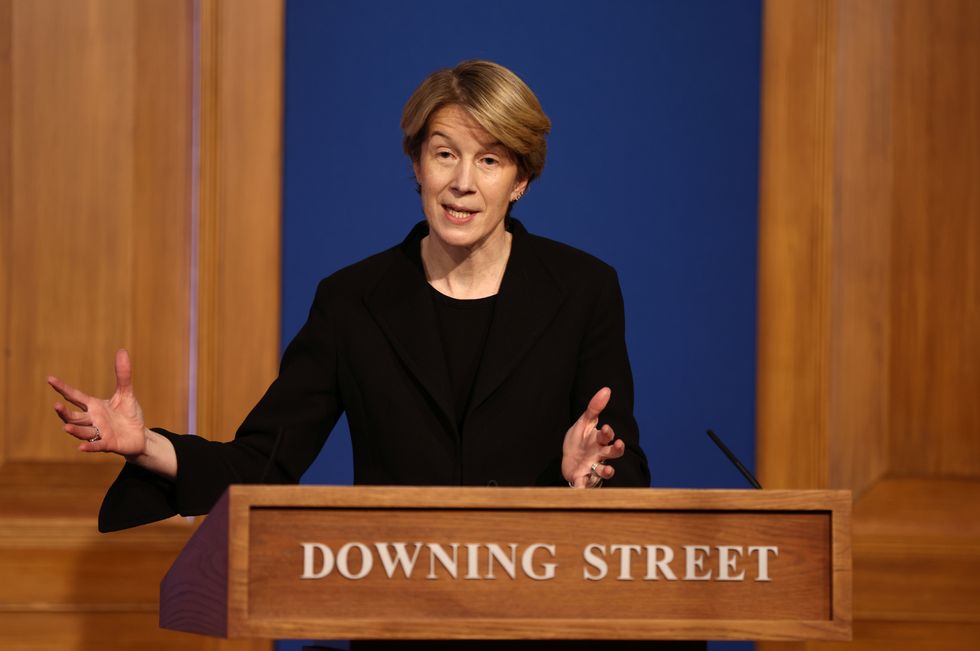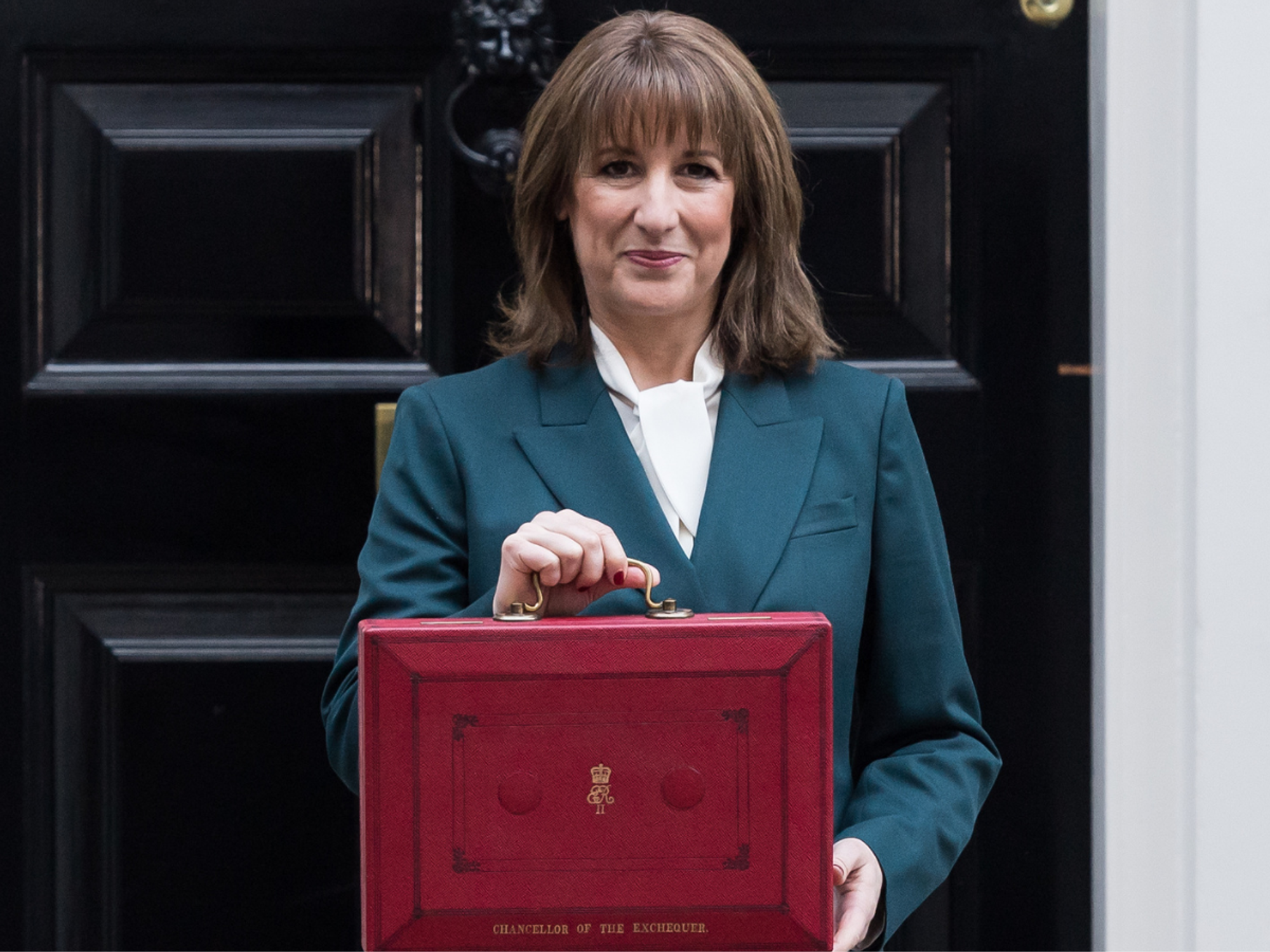Menopausal NHS staff told they can work from home - 'We have to break the stigma'

NHS England chief executive Amanda Pritchard said taboos around the subject must be broken | PA

The first ever national NHS guidance on menopause urges line managers and leaders to normalise employees asking for help
Don't Miss
Most Read
Latest
Menopausal women who work for NHS England will be allowed to work flexibly if needed, a top health boss has said as she urged other employers to "break the stigma".
The first ever national NHS guidance on menopause urges line managers and leaders to normalise employees asking for help and to consider flexible working as a measure to help colleagues cope with symptoms.
NHS England chief executive Amanda Pritchard said taboos around the subject must be broken and that employees were “silently suffering”, as well as being too embarrassed to bring the subject up over a “lack of support”.
Ms Pritchard said simple steps such as cooler uniforms and fans to reduce temperatures should be happening “right across the board”.
Elsewhere, she wrote that the guidance was “intentionally designed to be transferable to other workplaces too,”
Jacob King
Speaking at the Confederation of British Industry (CBI) conference on Tuesday as the guidance was launched, she said addressing difficulties faced by staff is “not just a matter of respect” but also “an investment in our workforce”.
She said: “Women between the ages of 45 and 54 alone make up a fifth of all NHS employees, which means up to 260,000 staff could experience the menopause at work, and for many women it can be a difficult transition.
“I want all those facing that transition in the NHS to have access to the right support to stay in and thrive at work, which is why we are launching new national guidance to help women through the menopause – boosting awareness and supporting teams to put in place practical measures in the workplace.
“While some local teams are already implementing initiatives to support women experiencing menopausal symptoms – simple steps like flexible working, fans to help with more comfortable temperatures, cooler uniforms and staff training – I want to see this happening right across the board.
“This is not just a matter of respect for our staff, but an investment in our workforce, future sustainability and the quality of patient care – and as one of the largest national employers, I am proud to say the NHS is pioneering this work.
“Women should feel they can talk openly about the menopause, so we must break the taboos, increase support and help more women thrive at every stage of their working lives, and opening up the conversation is the first step.”
Ms Pritchard said simple steps such as cooler uniforms and fans to reduce temperatures should be happening “right across the board”.
Anna Gowthorpe
Elsewhere, she wrote in the Telegraph that the guidance was “intentionally designed to be transferable to other workplaces too,” and called on other employers to "break the stigma".
She later continued: “Menopause is not a health condition, it’s a stage of life, and I want all women facing this transition in the NHS to have access to the right support to stay in and thrive at work”












